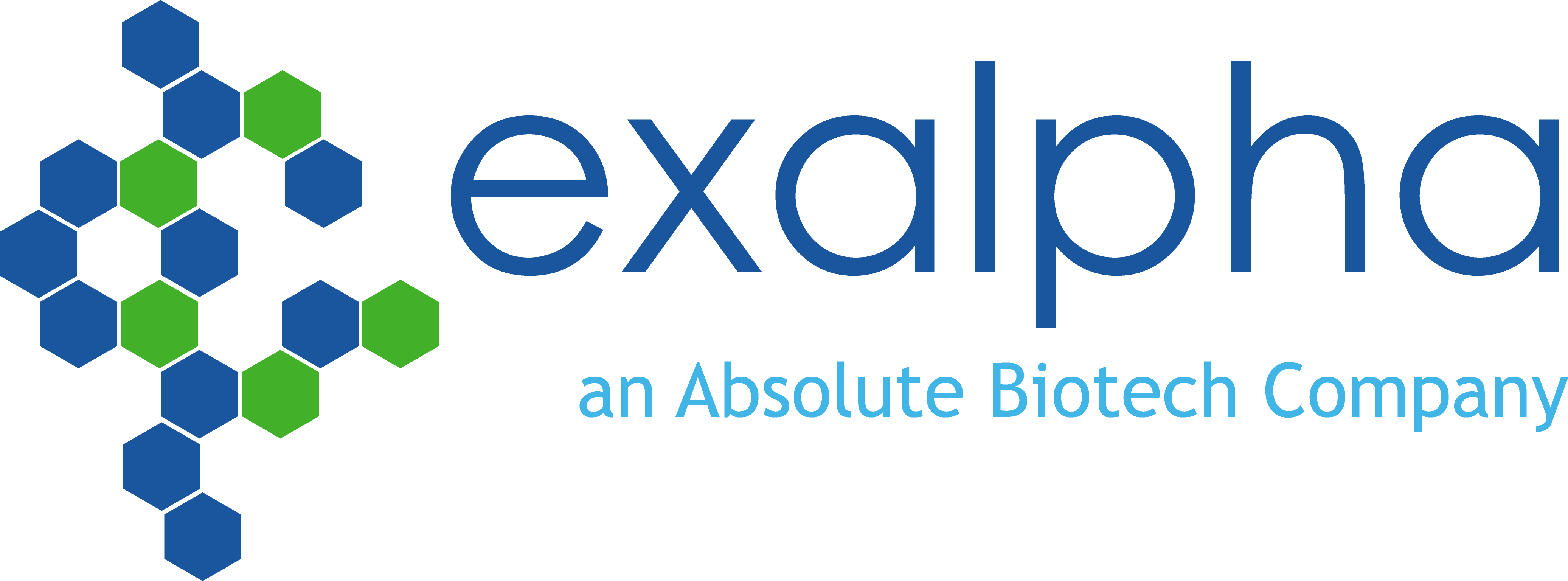News
High quality reagents for Edg research
The Edg GPCRs have been extensively studied due to the role which they play in the regulation of fundamental cellular processes including proliferation, migration and differentiation. Such research is dependent on the use of high quality reagents, and Exalpha Biologicals offers a comprehensive range of antibodies (monoclonal and polyclonal), blocking peptides, membrane preparations and control lysates to facilitate this. Many of Exalpha’s products have been literature cited, demonstrating the trust placed by researchers in the company’s reagents; published Exalpha Edg products to date are detailed below.
Product highlights
C174P
This polyclonal Edg2 antibody is one of Exalpha’s top-selling Edg products, and is featured in multiple publications. Edg2 is a receptor for LPA, which has been implicated as a mediator of tumor progression. In a study published in Laboratory Investigation, Shida et al analyzed the expression profile of LPA receptors, including Edg2, in human colorectal cancer tissue and normal tissue. Following protein extraction, C174P was used as a Western blot probe and confirmed that over half of the cancer tissues which were evaluated demonstrated a significant decrease in the expression of Edg2 compared to normal mucosa. This finding was corroborated by RT-PCR data, suggesting that reduced expression of Edg2 may be advantageous for the progression of colorectal cancer.
C176M
C176M is a monoclonal Edg3 antibody which, similarly to C174P, is one of the company’s best-sellers and has been cited in several publications. In a sophisticated study published in the American Journal of Respiratory Cell and Molecular Biology, Sun et al demonstrated Edg3 to be a novel biomarker of acute lung injury (ALI). Within this study, plasma was collected from patients with severe sepsis-induced ALI, patients with sepsis but no ALI, and non-sepsis ICU control subjects; this was evaluated by ELISA, using C176M as a capture antibody. Plasma Edg3 concentrations were significantly increased in severe sepsis-induced cases of ALI compared with the control subjects, and patients with elevated plasma Edg3 concentrations were, sadly, found less likely to survive ICU.
X1590P
Another popular polyclonal antibody, X1590P, has been referenced in the journal Blood. In this study, Licht et al synthesized a nine amino acid peptide derived from the second intracellular loop of Edg3 and used it to mimic the effects of S1P, the Edg3 ligand. In an ex vivo model of angiogenesis, they demonstrated increased vascular sprouting in the presence of the peptide, similar to that seen in the presence of S1P, suggesting a potential role for the peptide as a therapeutic agent for the treatment of vascular disorders in which angiogenesis is desirable. X1590P was used to generate supporting Western blot data through the analysis of cell lysates following peptide treatment, and was also employed as a probe in an immunofluorescence receptor localization assay.
